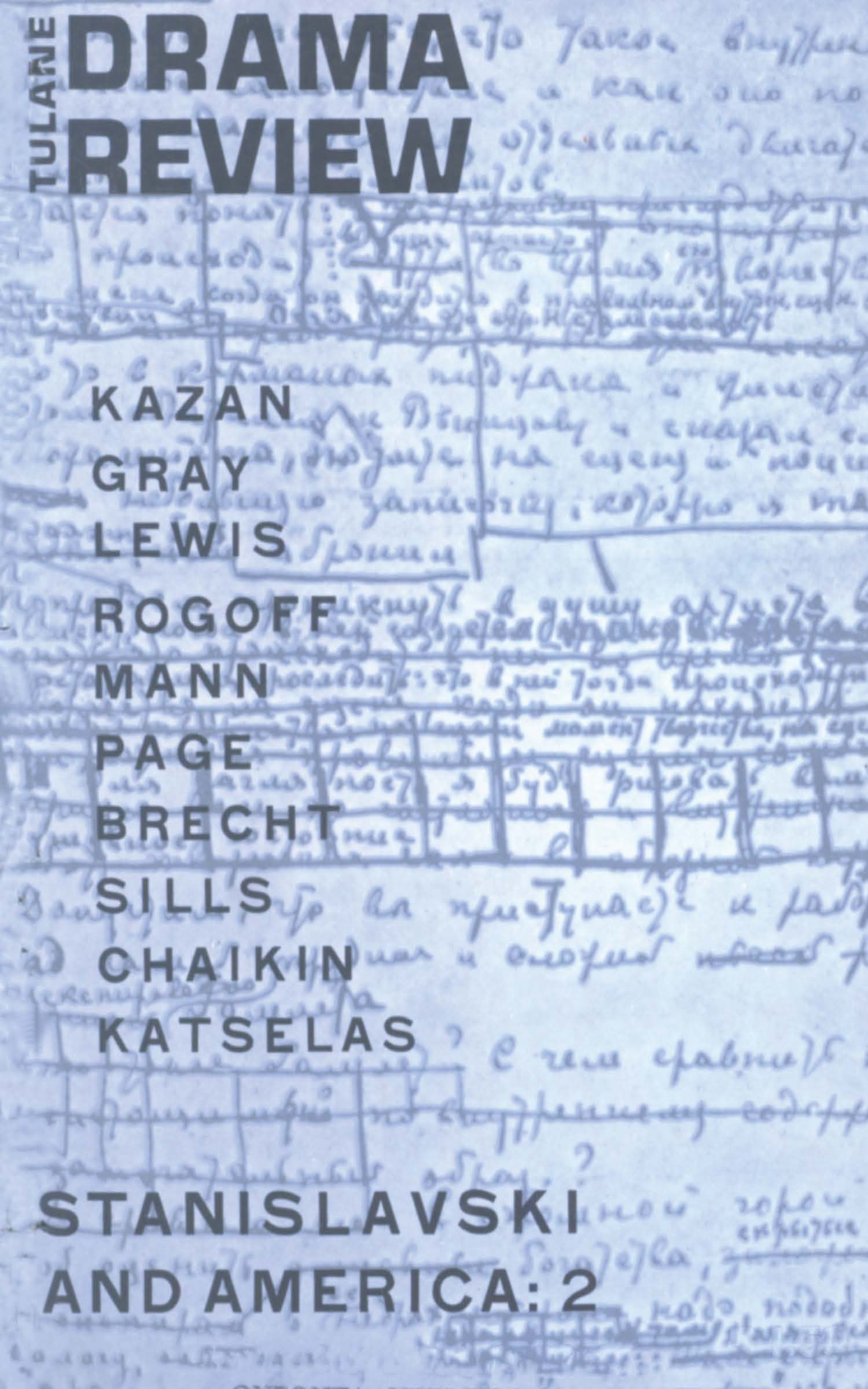No CrossRef data available.
Article contents
On the Psychology of Comedy
Published online by Cambridge University Press: 03 February 2022
Extract
We are indebted to psycho-analysis for much valuable insight into the psychology of tragedy. Not only has psycho-analysis made us recognize that the “tragic guilt” of the hero, postulated by aesthetics, actually stems from the repressed Oedipus-wishes of the dramatist but it has also drawn our attention to the interrelation of dramatist and audience; that is, to the fact of a common guilt as the decisive psychological factor which, on the one hand, enables the dramatist to create his work and, on the other, produces the Aristotelian catharsis, or “purging of the passions.” Freud, in particular, established the psychological traces of the primal crime in classical tragedy and following in his tracks, Winterstein has recently subjected the origins of tragedy to intensive study and radically clarified them.
By contrast, how little has psycho-analysis bothered about comedy! So far it has hardly attracted any interest worth mentioning: at most it was granted a modest domicile in that basement of research, the footnote, there to be dealt with in a cursory manner.
- Type
- Research Article
- Information
- Copyright
- Copyright © 1958 The Tulane Drama Review
Footnotes
Reprinted from Selected Papers,New York, 1952. With permission of International Universities Press, New York, N. Y. and Imago Publishing Co.,London, England.
References
Notes
1 , Freud Totem and Taboo, , Routledge & Paul, Kegan.Google Scholar
2 Winterstein, Alfred, Der Ursprung der Tragödie, Imago Bücher VIII.Google Scholar
3 , Freud Wit and its Relation to the Unconscious, , Routledge & Paul, Kegan.Google Scholar
4 Dr.Müller-Braunschweig, Karl, Psychoanalytische Gesichtspunkte zur Psychogenese der Moral insbesondere des moralischen Aktes. Imago VII, 1921.Google Scholar
5 Chapter 4, ”… that the cardinal moral idea of ‘guilt’ originates from the very material idea of ‘debt’.”
6 Cf., “The Riddle of Shakespeare’s Macbeth” and “The Problem of the Duplicated Expression of Psychic Themes,” Selected Papers, New York, 1952.
7 The Plays of Terence, Translated by Ritchie, William, London, 1927.Google Scholar
8 Bergson, Henri, Laughter. An Essay on the Meaning of the Comic. Translated by Brereton, C. and Rothwell, F.. Macmillan & Co., London, 1911. pp. 94-96.CrossRefGoogle Scholar
9 Sachs, Hanns, Gemeinsame Tagträume. Imago Bücher, V.Google Scholar
10 I am indebted to Winterstein for drawing my attention to this passage.


